Press release – For immediate release
Montréal, January 6, 2022 – Concerned that the new draft Code of Practice governing the treatment of dairy cattle continues to allow many practices that are fundamentally incompatible with animal welfare, the Montreal SPCA is calling for greater protection for dairy cows and calves.
Published by the National Farm Animal Care Council, the Codes of Practice are nationally developed guidelines that set out minimum acceptable standards for the care and handling of animals raised for human consumption. Though the Codes of Practice are not legally binding, they reflect the industry’s consensus on what is and is not acceptable in terms of animal welfare. The Codes are revised periodically, a process which includes a public consultation period.
“It has been more than a decade since the dairy cow Code of Practice was last reviewed,” explains Sophie Gaillard, Director of Animal Advocacy and Legal Affairs at the Montreal SPCA. “Given the evolution of scientific knowledge regarding the welfare of animals raised for food, but also the public’s growing concern over the living conditions of these animals, we deplore the fact that the new Code of Practice fails to address some of the most critical issues for improving the welfare of dairy cows.”
Indeed, the Draft Code of Practice for the Care and Handling of Dairy Cattle:
- Continues to allow the use of tie-stalls, a housing system in which dairy cows are kept permanently indoors, tethered by the neck, thus severely restricting their movement, and preventing them from even turning around. This practice is used on 75% of Canadian dairy farms and is even more widespread in Quebec, where it is used on 90% of farms. Yet it prevents cows from fulfilling their most basic behavioral needs, including moving about freely and socializing with other cows.
- Completely ignores the issue of cow-calf separation. Like all mammals, cows must give birth in order to produce milk. The standard practice in the dairy industry is to remove the calf from his or her mother within the first few hours of life in order to preserve the cow’s milk for human consumption. Cow-calf separation causes significant psychological distress to both cows and their calves. Many countries around the world are rethinking their dairy production methods in order to allow for prolonged cow-calf cohabitation and European certifications are even being developed in this area. Yet the draft Code of Practice completely ignores this issue.
- Proposes an unacceptable delay for the implementation of new requirements that are crucial to calf welfare by making group housing of calves mandatory only as of 2033. It is standard practice in Canada to remove calves born to dairy cows from their mothers within their first few hours of life and to keep them in complete isolation for several months, until they are sent to auction or slaughter. Studies show that housing young calves alone causes them significant stress and can even lead to abnormal development. An eleven-year phase-out period is far too long for the elimination of an unacceptable practice that affects the lives of hundreds of thousands of calves each year.
- Does not provide adequate protection for cull cows prior to transport and slaughter. After being used to produce milk for their entire lives, dairy cows are typically sent to slaughter at about five years of age. The Code of Practice does not govern transport per se, but it should provide detailed guidance regarding the steps to take prior to transportation. However, the draft Code does not require that cows be dried off of their milk production before they are transported to slaughter. Currently, cows are routinely sent on lengthy transport while still lactating, causing discomfort and increasing the risk of developing painful physical conditions such as mastitis. The Code should also clearly prohibit the transport of compromised animals.
- Does not require that all dairy farms have an emergency plan in case of natural disaster, fire or production line slowdown. Robust emergency preparedness and response plans to ensure the safety and welfare of animals should be in place in advance of any emergency that may arise due to fire, natural disaster or other causes. Such contingency plans should include animal evacuation measures in cooperation with appropriate authorities, as well as strategies for providing continued animal care in the event of a production line slowdown due to a labor dispute or a public health emergency, such as a pandemic.
There are close to one million cows used in the Canadian dairy industry, more than one-third of whom are raised in Quebec. “The review of the draft Code of Practice currently underway represents a unique opportunity for the public to make its voice heard in order to advance the welfare of dairy cows and calves,” says Gaillard. “We encourage everyone who cares about animal welfare to visit our website spca.com to learn more about how to participate in this important public consultation.”
Photo credit : © Jo-Anne McArthur | We Animals
-30-
Source: Montreal SPCA
Media contact:
Anita Kapuscinska
Senior Consultant, Corporate Development and Media Relations
514-656-2760
anitak@spca.com
About the Montreal SPCA – Founded in 1869, the Society for the Prevention of Cruelty to Animals (now known simply as the Montreal SPCA) was the first animal-welfare organization in Canada. Today, the Montreal SPCA is the largest animal protection organization in Quebec, speaking on behalf of animals wherever there is ignorance, cruelty, exploitation, or neglect.







